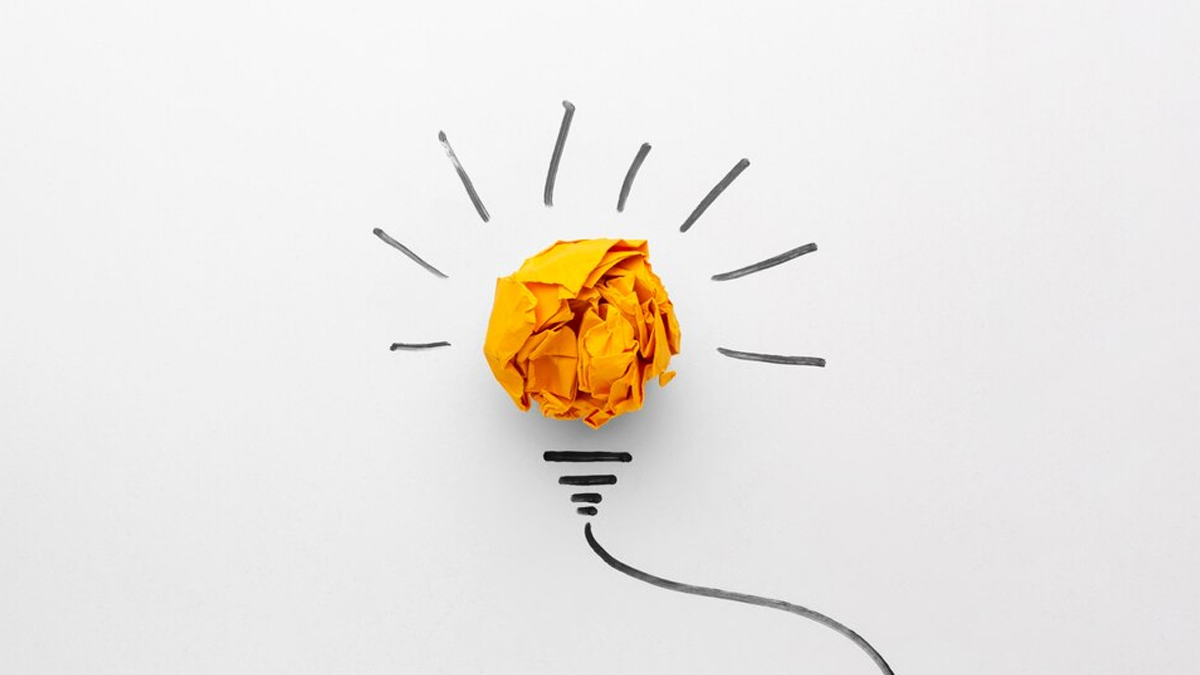
In a world full of unlimited information and innovation, where we are constantly consuming huge amounts of content, being forgetful or experiencing creativity blocks is inevitable. Imagine being able to remember facts effortlessly, generate ‘out of the box’ ideas, which you’re always expected to come up with, and tackle complex problems with clarity, all while feeling calm and centred. Sounds too good to be true? Meditation is one solution for all your cognitive problems.
Table of Content:-
Beyond relaxation, meditation helps in unlocking the unrealised capabilities of the human mind. With just a few minutes of it a day, you can train your brain to think sharper, create freely, and retain more.
The Link between Meditation and Cognitive Enhancement
Meditation is the practice of training the mind to achieve focused attention and awareness. It has deep effects on brain health, particularly in areas responsible for memory, creativity, and IQ. According to a study by Boston University, regular meditation stimulates neuroplasticity, the brain's ability to reorganise itself by forming new neural connections. This phenomenon is critical for learning, problem-solving, and creativity.
Improving Memory through Meditation

Memory, both short-term and long-term, is essential for everyday functioning. Meditation has been shown to enhance memory retention and recall by improving attention and reducing mental clutter. Mindfulness meditation, in particular, has a significant impact on working memory, which is crucial for tasks that require immediate focus and concentration.
A study conducted by researchers at the University of California, Santa Barbara, found that just two weeks of mindfulness meditation significantly improved working memory and reading comprehension in students. The researchers observed that meditation helped participants become more aware of distractions, enabling them to refocus and retain information more effectively. This shows how meditation can be a powerful ally for students and professionals.
Also read: Kickstart Your Morning With Meditation For Productive A Day Ahead
Boosting Creativity with Meditation

Creativity usually blooms in a relaxed and open mind. Meditation helps you think creatively by generating many solutions to a single problem. Techniques such as open-monitoring meditation, where people observe thoughts and feelings without attachment, are particularly beneficial for creative thinking.
A study published in Frontiers in Psychology showed that participants who practised open-monitoring meditation performed better in creative tasks than those who did not meditate. This form of meditation allows the mind to explore uncommon ideas, free from the constraints of habitual thinking patterns.
Enhancing IQ through Meditation

Intelligence quotient (IQ) is often linked to problem-solving skills, analytical thinking, and adaptability. Meditation, by improving attention span, emotional regulation, and stress management, indirectly contributes to bettering your IQ. Moreover, it helps you access deeper levels of awareness, enabling clearer thought processes.
Transcendental Meditation (TM), which involves silently repeating a mantra, has been found to increase cognitive function. A study conducted by Maharishi University of Management revealed that students who practised TM experienced significant improvements in IQ scores compared to their non-meditating peers. This could be attributed to reduced stress and enhanced brain coherence, both of which are vital for optimal intellectual performance.
Also read: Breath, Tension, And Inner Silence: An Expert's Guide To Deep Relaxation Techniques
How Meditation Works on the Brain
Meditation physically alters the brain. Studies reveal that regular meditation increases the grey matter density in the hippocampus, a region associated with memory and learning. Additionally, the prefrontal cortex, responsible for decision-making and problem-solving, becomes more active and well-connected.
The amygdala, the brain’s stress centre, shrinks with consistent meditation, leading to reduced anxiety and better focus. With lower stress levels, the brain allocates more resources to areas that govern creativity and memory.
Incorporating Meditation into Daily Life

To harness the benefits of meditation, consistency is key. Start with 10-15 minutes a day, gradually increasing the duration as you grow more comfortable with the practice. Here are a few techniques to consider:
Mindfulness meditation: Focus on your breath and observe thoughts without judgment. Ideal for improving memory.
Open-monitoring meditation: Cultivate an open mind, which enhances creativity.
Transcendental meditation: Repeat a mantra to achieve deep relaxation, boosting IQ and overall cognitive function.
Conclusion
Meditation is not merely a spiritual practice but a scientifically validated method to enhance cognitive capabilities. By improving memory, fostering creativity, and boosting IQ, it equips individuals to navigate complex challenges with clarity and innovation. The studies cited underline the transformative power of meditation on the brain, encouraging everyone to adopt this timeless practice for a sharper and more creative mind.
Also watch this video
How we keep this article up to date:
We work with experts and keep a close eye on the latest in health and wellness. Whenever there is a new research or helpful information, we update our articles with accurate and useful advice.
Current Version